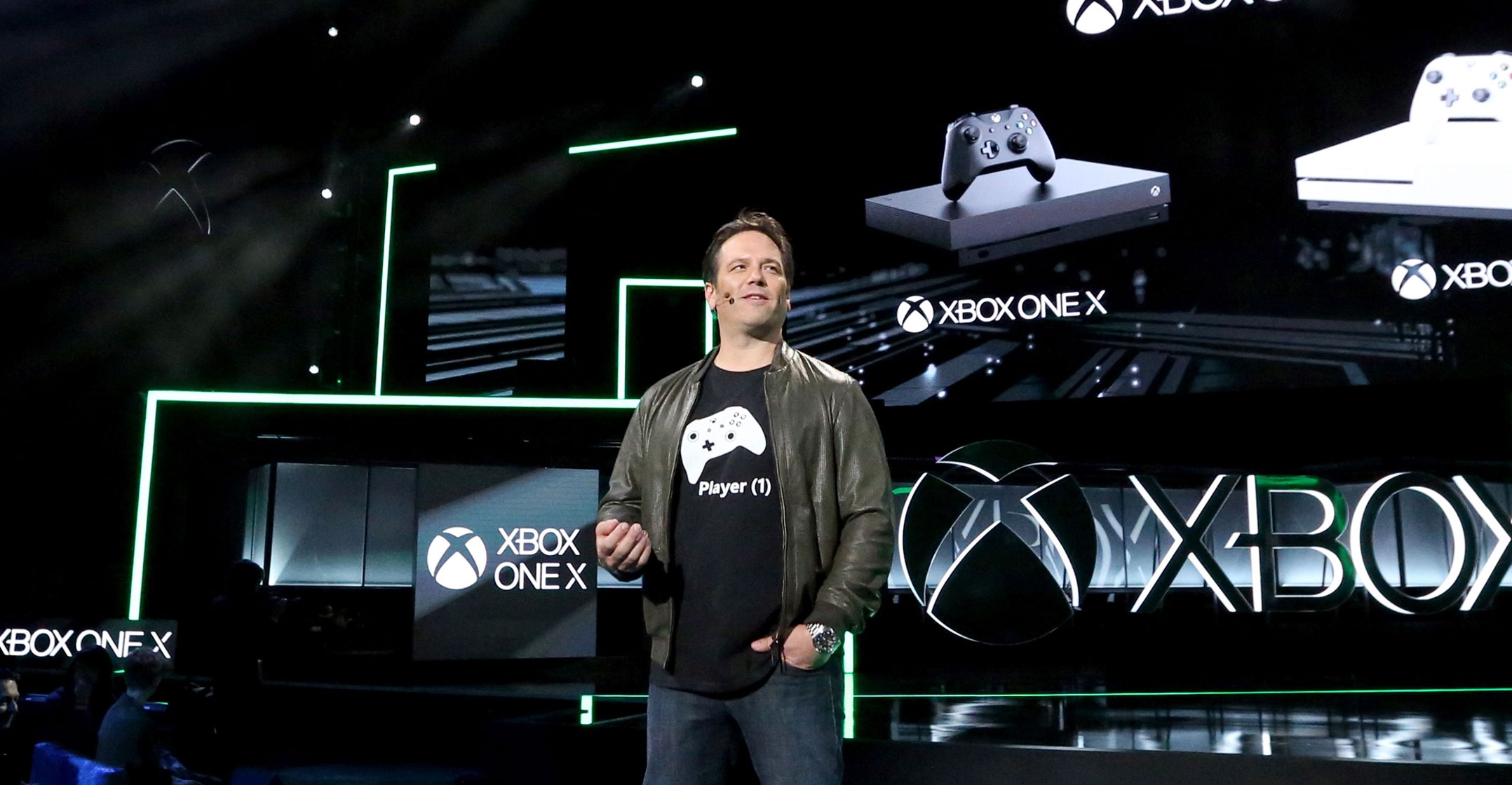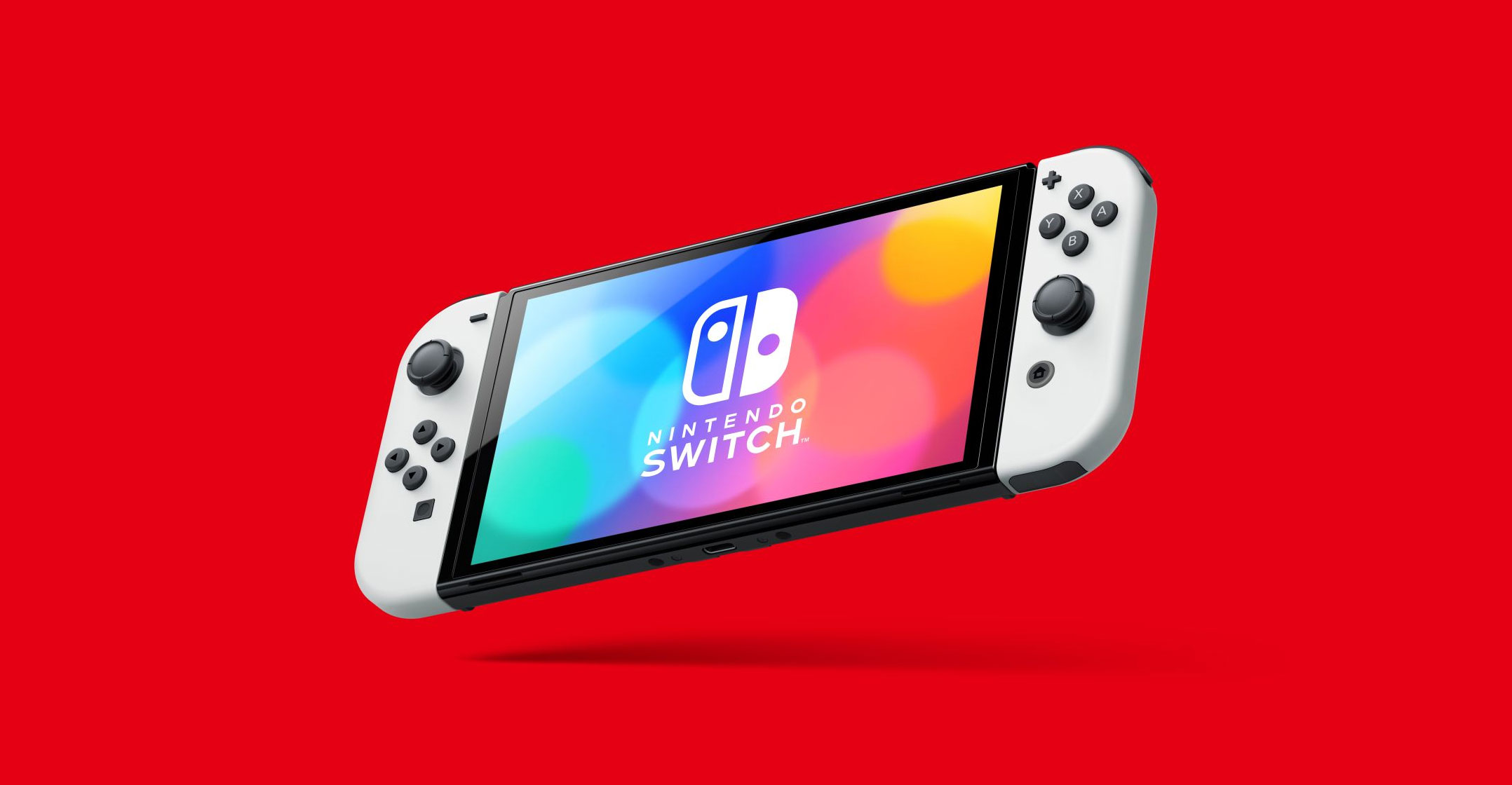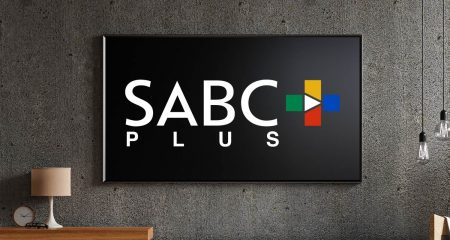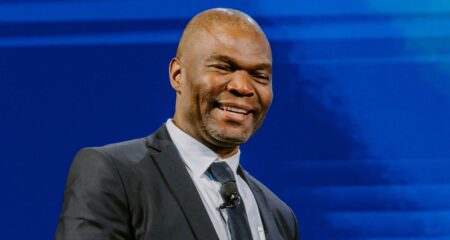
Microsoft’s videogame head Phil Spencer might have been correct when he wrote, in a piece of corporate cringe straight out of Succession, that acquiring Nintendo Cwould be a “career moment” for him.
Spencer’s dream of buying the venerable Japanese firm was revealed, alongside other confidential plans, in an accidental leak of e-mails related to Microsoft’s videogame operations recently uploaded to a US federal court website. The e-mail concerning Nintendo is dated 2020; Microsoft has acknowledged the leaked documents but says “much has changed” since they were written.
What hasn’t changed is Nintendo’s undoubted attractiveness as an asset. Even after Microsoft completes the US$69-billion acquisition of Activision Blizzard, it could no doubt afford the purchase. But even if Spencer somehow convinced Nintendo’s board to agree, and assuming such a deal cleared antitrust regulators, it’s hard to conclude it would be, as he wrote, “a good move for both companies”.
Indeed, it’s tricky to imagine a greater clash of cultures. Executives at the Japanese firm famously cut their own salaries rather than lay off workers during the failure of the Wii U; Microsoft just laid off 10 000 workers earlier this year, before reporting record revenue. The Redmond-based firm has a decades-long history of seemingly smart but ultimately poorly managed acquisitions, from Skype to Nokia.
Spencer notes that the Nintendo board “until recently has not pushed for further increases in market growth or stock appreciation”, something that, to the despair of frustrated Nintendo bulls, is true. The videogame maker stubbornly marches to the beat of its own drum; shareholders are just one consideration.
Nintendo’s MO
It’s “taking a long time for Nintendo to see that their future exists off their own hardware”, Spencer also wrote. The firm has remained committed to the idea that its integration of hardware and software — or in layman’s terms, the idea that Nintendo games are available only on Nintendo devices — differentiates it from the pack. Flying in the face of conventional wisdom is Nintendo’s MO; ignoring the demands in the mid-2010s that it abandon its own machines and shift to mobile gaming is the reason the company is so successful now. The Switch is in with a chance to surpass Sony’s PlayStation 2 to become the best-selling console ever made.
Microsoft disagrees. It’s less concerned about hardware, and sees the future of gaming on the cloud. Gamers can play, for example, Minecraft, the franchise it acquired in 2014, on Xbox, PC, mobile or even Switch. Most likely, the source of Microsoft’s interest would be Nintendo’s intellectual property: Mario, Zelda, Donkey Kong and the host of other franchises. The value of these characters seems insufficiently factored into Nintendo’s share price, considering the recent success of The Super Mario Bros. Movie.
Read: Microsoft on the cusp of securing Activision deal
At least in the short run, it seems plausible that Microsoft could exploit Nintendo’s IP better than the Kyoto firm itself does. But Nintendo remains, as Spencer called it, “THE prime asset” in gaming, because of how protective it is of its properties. It hasn’t released a new mainline Mario game in six years, and it’s nearly a decade since the last new Mario Kart . Contrast that to how Microsoft has over-exploited its one-time industry-leading IPs such as the Halo series or Gears of War.
 Interestingly, Spencer is not the first Microsoft executive to float this acquisition. When the US firm formed its Xbox division in the early 2000s, Nintendo was among the companies it reached out to, proposing an acquisition. It went about as well as you’d expect: “They just laughed their asses off,” one executive said years later. “Like, imagine an hour of somebody just laughing at you. That was kind of how that meeting went.”
Interestingly, Spencer is not the first Microsoft executive to float this acquisition. When the US firm formed its Xbox division in the early 2000s, Nintendo was among the companies it reached out to, proposing an acquisition. It went about as well as you’d expect: “They just laughed their asses off,” one executive said years later. “Like, imagine an hour of somebody just laughing at you. That was kind of how that meeting went.”
Times have changed in Japanese corporate culture since the turn of the millennium. Foreign acquisitions of storied brands are no longer unheard of, and boards are under more pressure than ever to improve returns for shareholders. The reaction, however, to an attempted Microsoft takeover of Nintendo would likely be the same as two decades ago: laughter. (When contacted, Nintendo said it was not appropriate to comment.)
Read: Why everyone wants a piece of Microsoft
One fly in the ointment, however, might be the presence of activist investors. ValueAct Capital Partners, which built a 2% stake in Nintendo in 2020, has been holding discussions with management, though unlike some of its other dealings in Japan, the fund has not taken its push public. Another thing to note is Nintendo’s second largest shareholder — Saudi Arabia’s Public Investment Fund has been building interests in videogame firms in Japan and beyond, while saying little about their purpose.
After seeing one beloved Japanese asset shockingly acquired, with animator Studio Ghibli being bought by a local broadcaster, the idea that Nintendo could fall into foreign hands will concern proponents of soft power. But thankfully, it seems unlikely this deal will make it out of level one. — Gearoid Reidy, (c) 2023 Bloomberg LP




